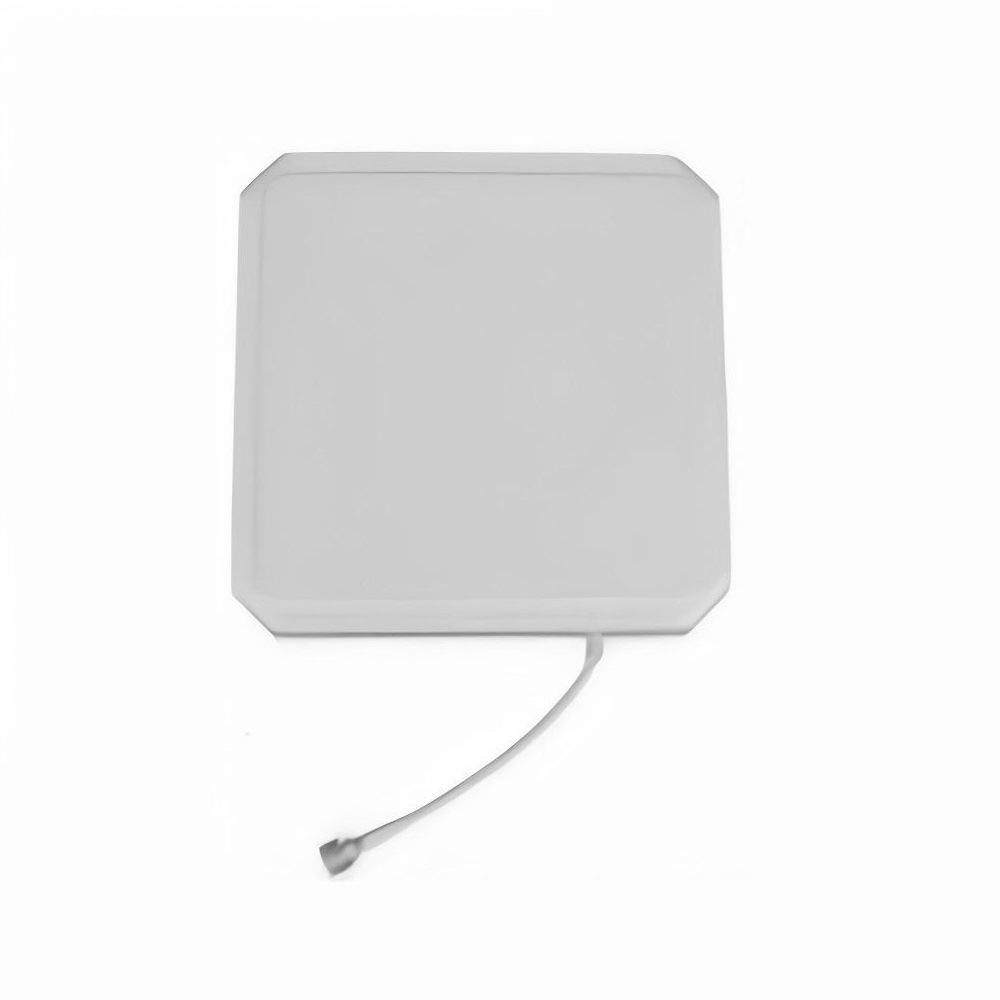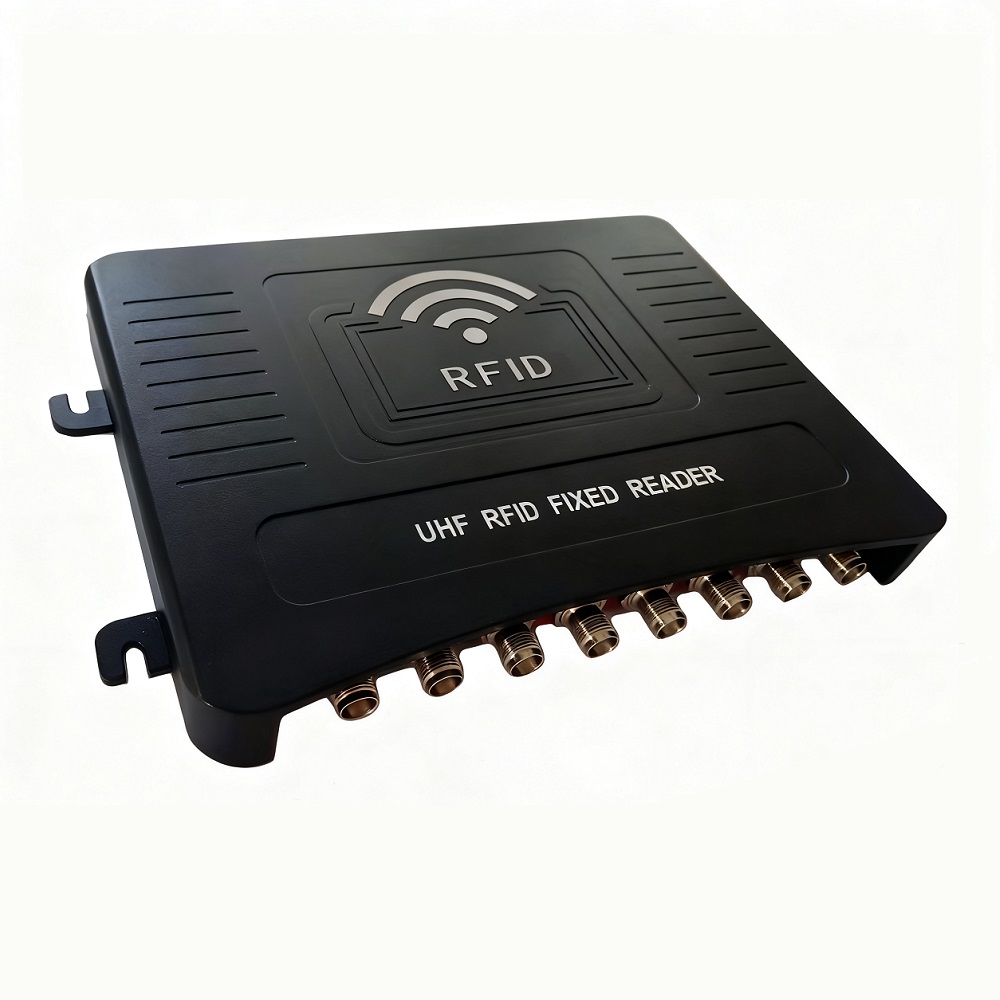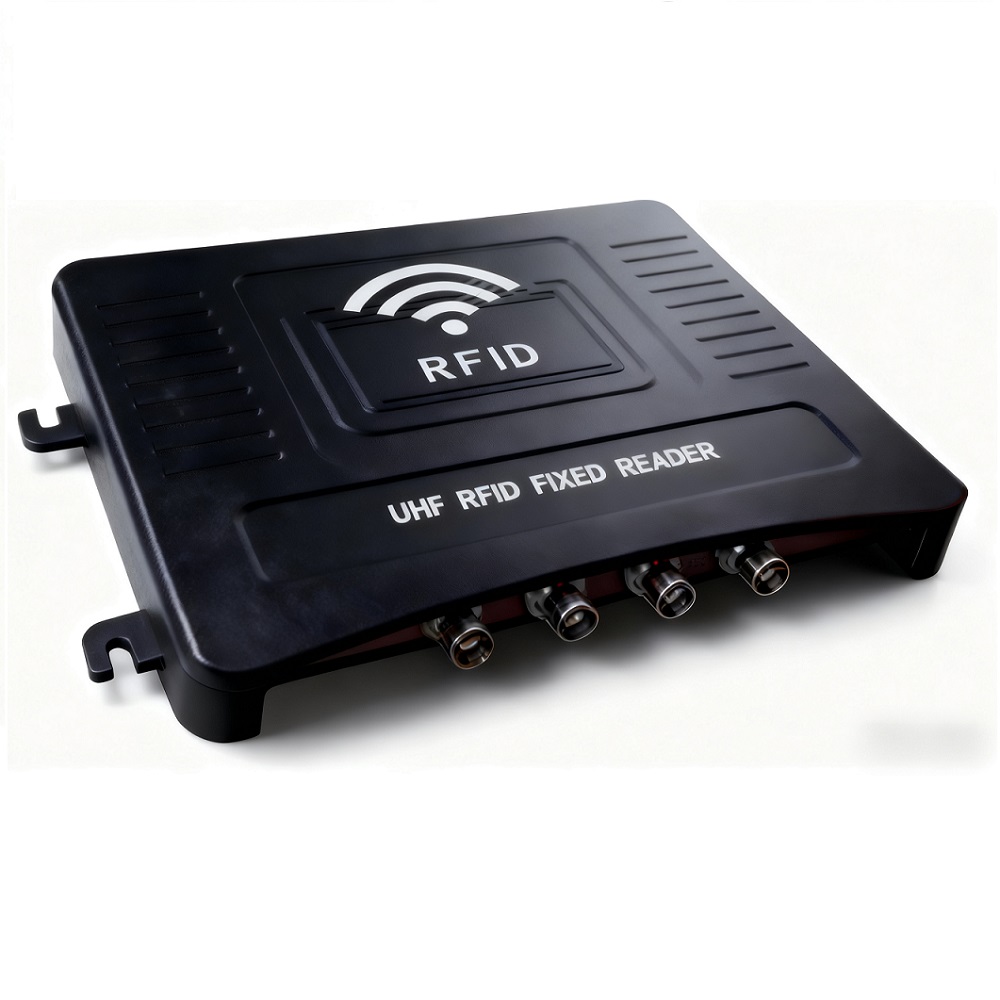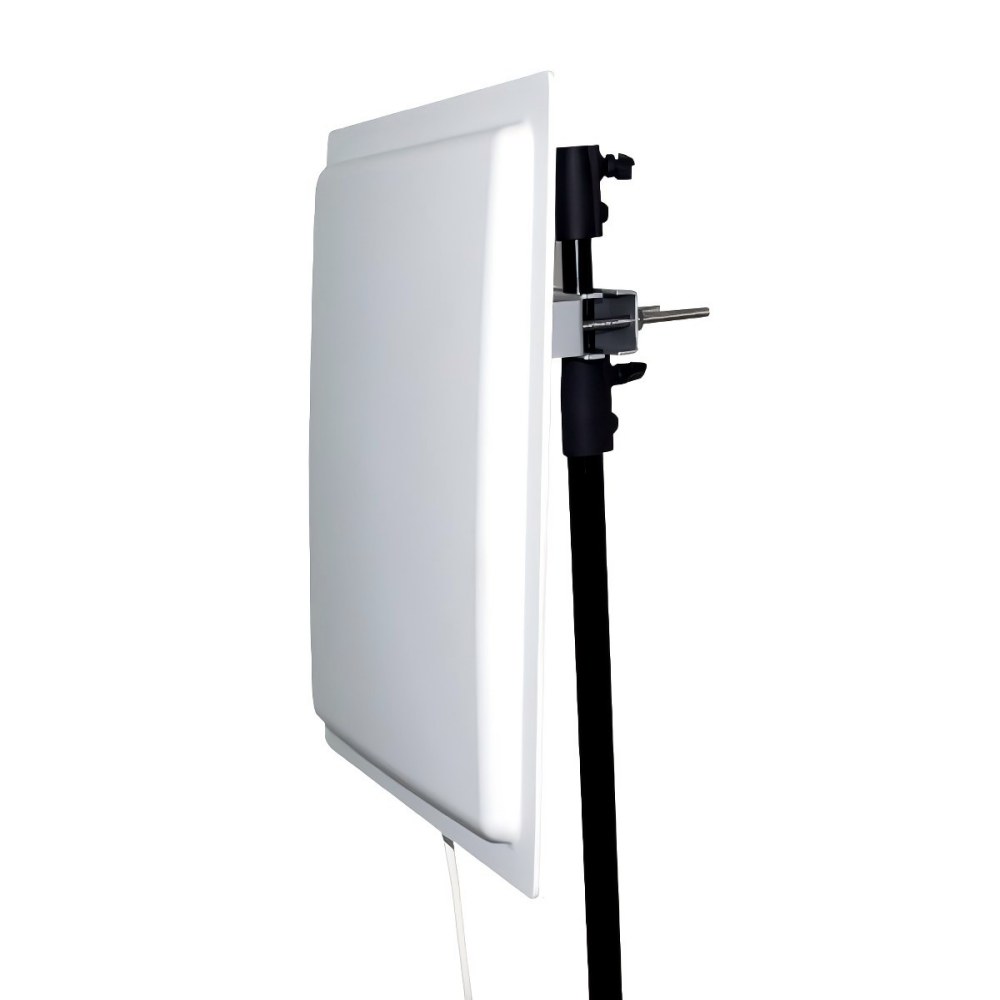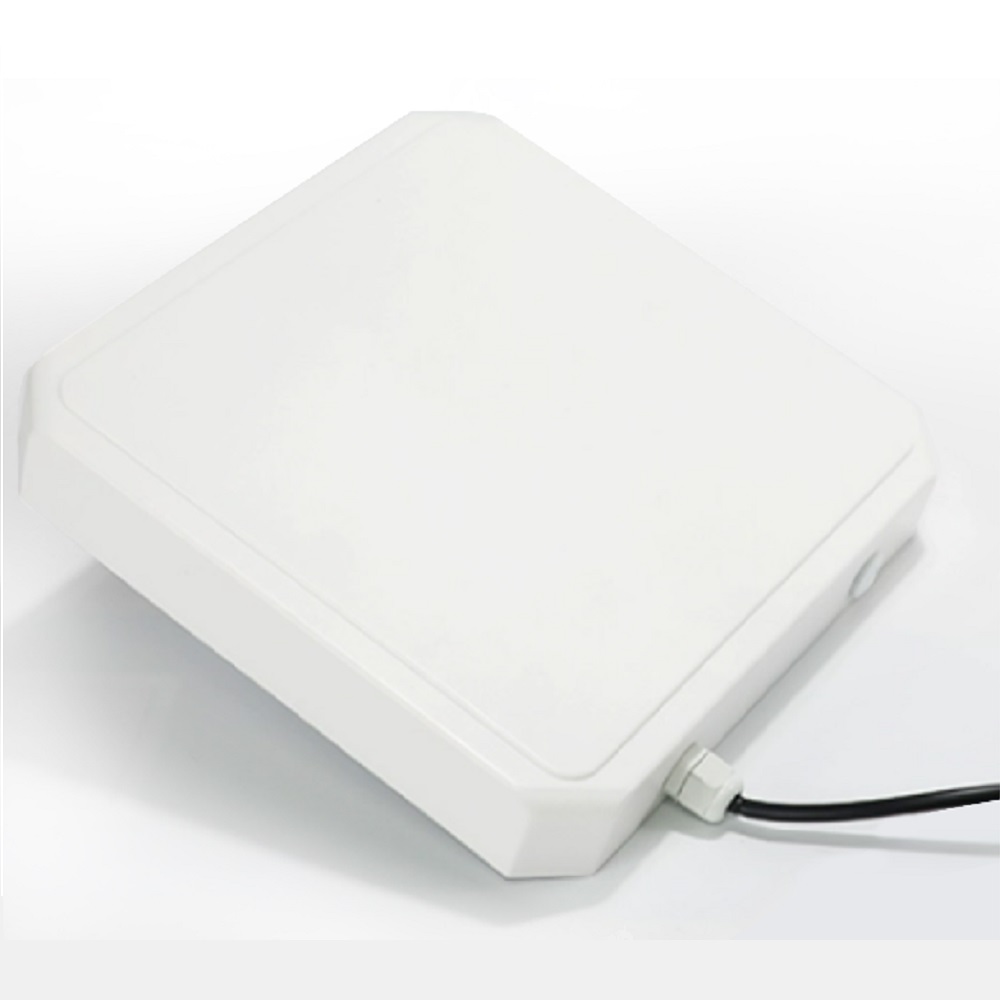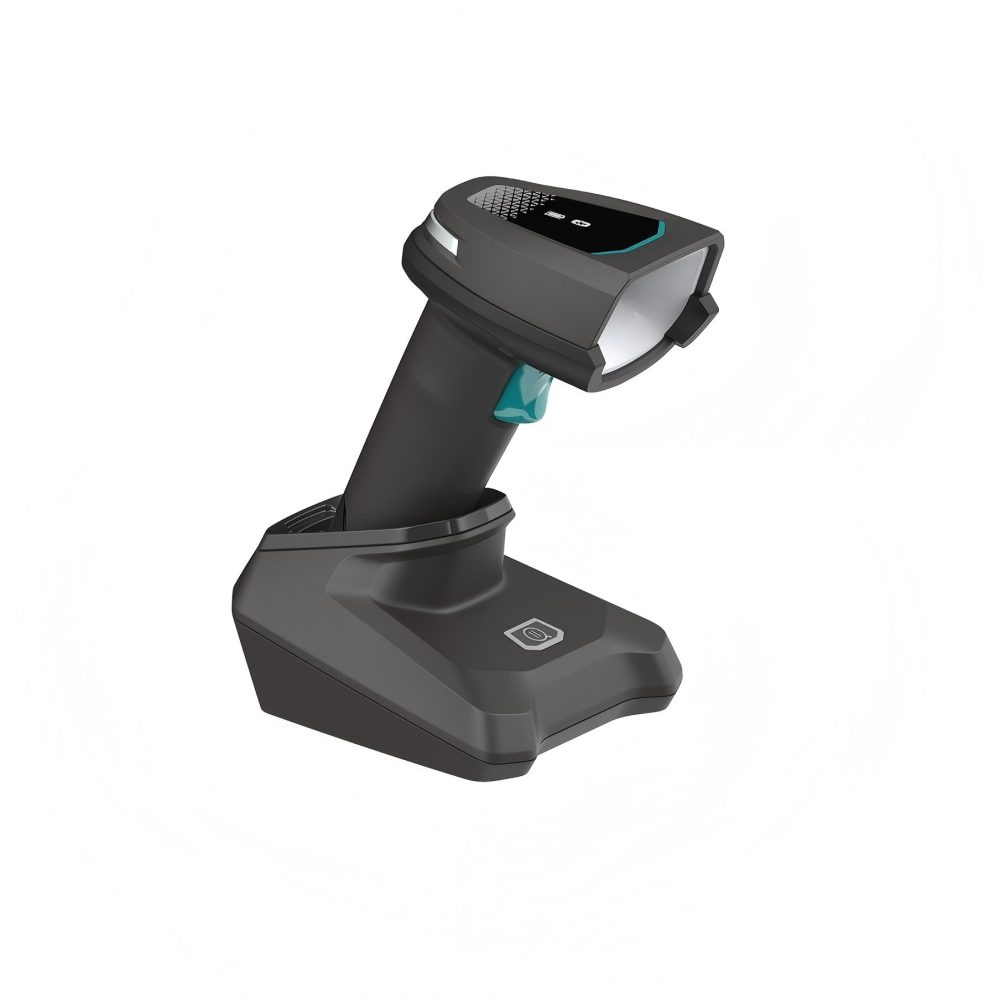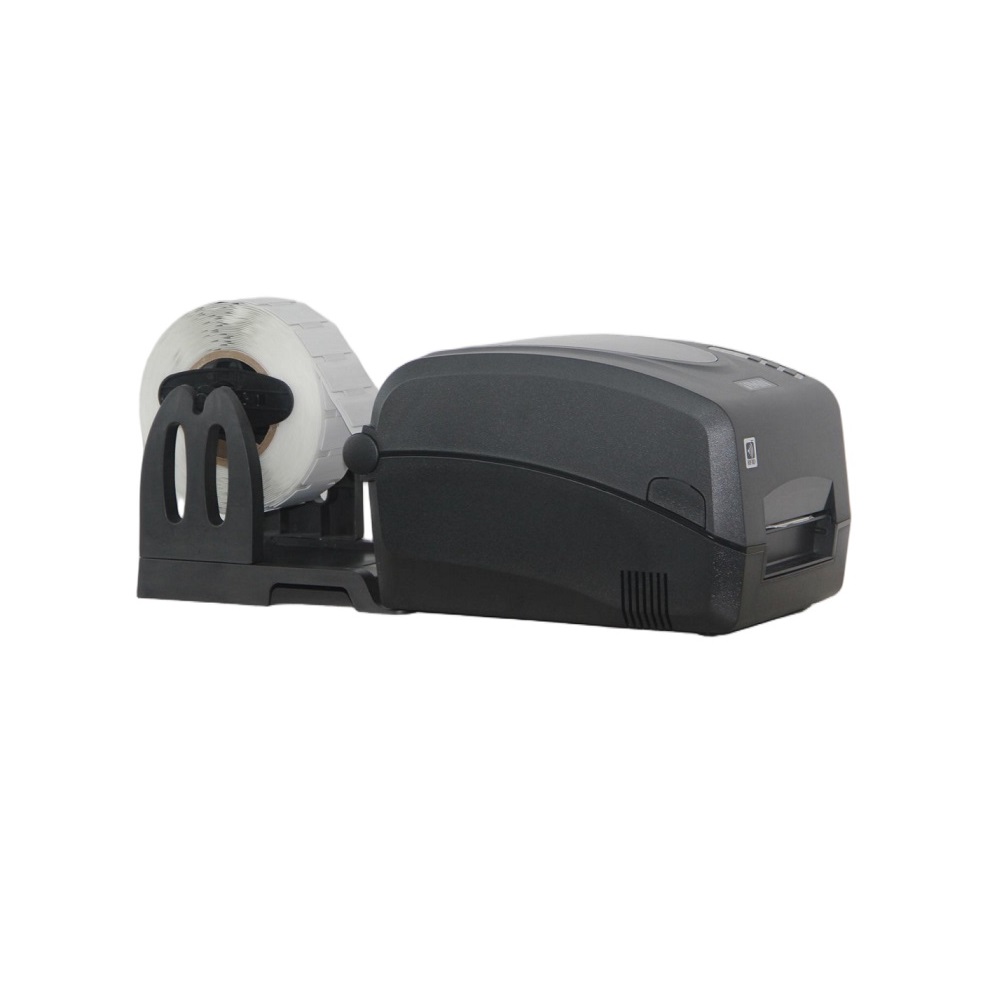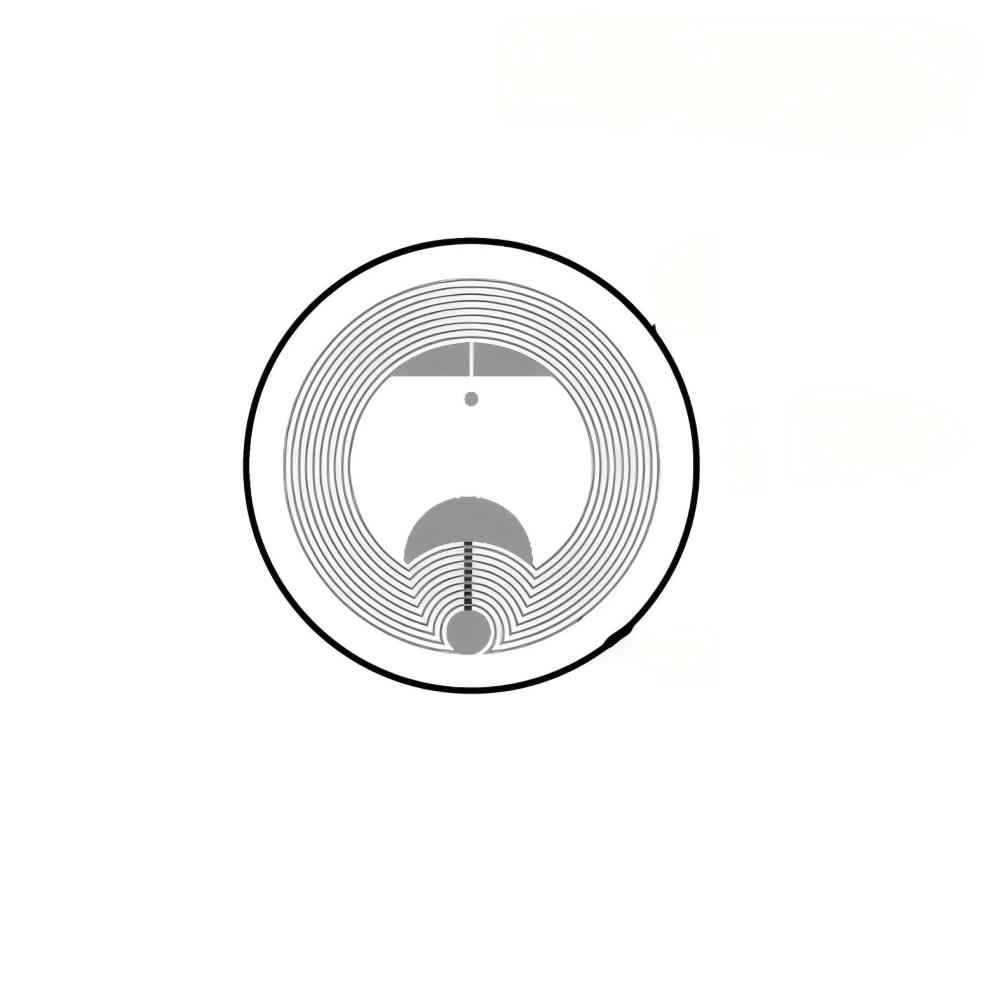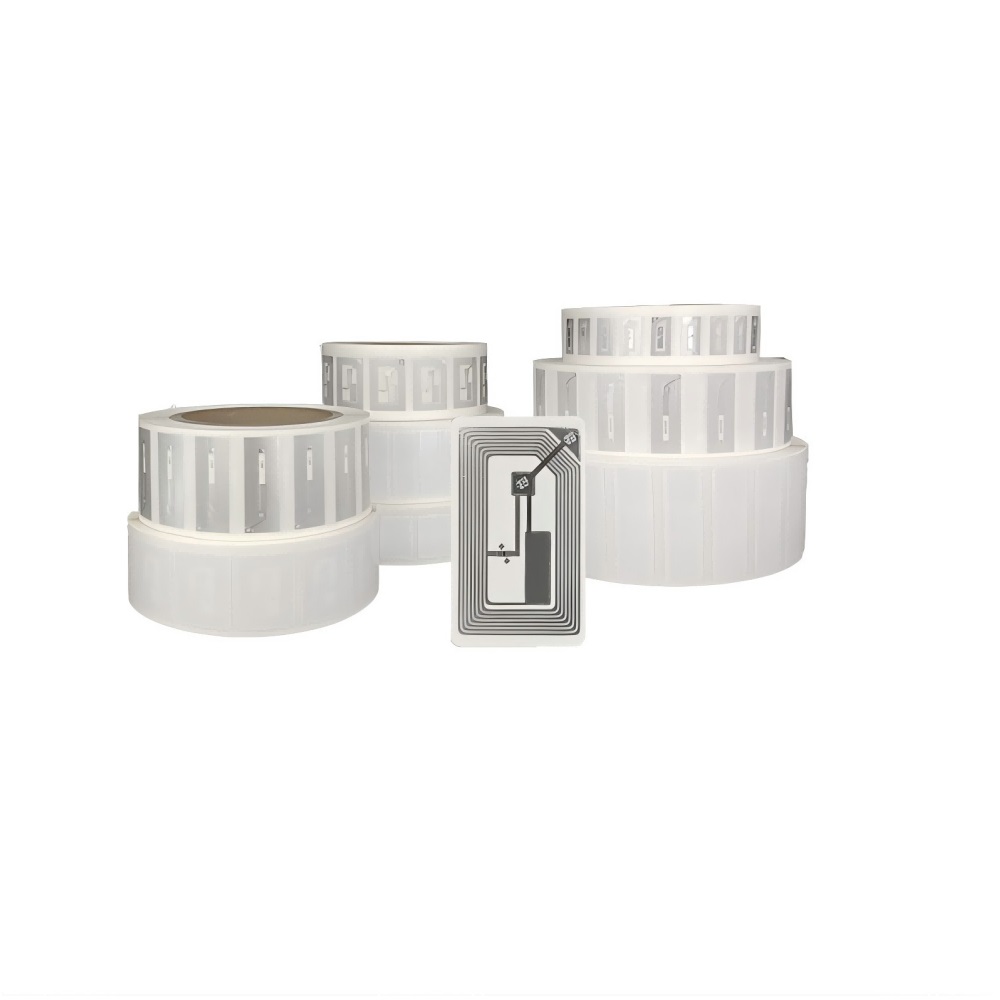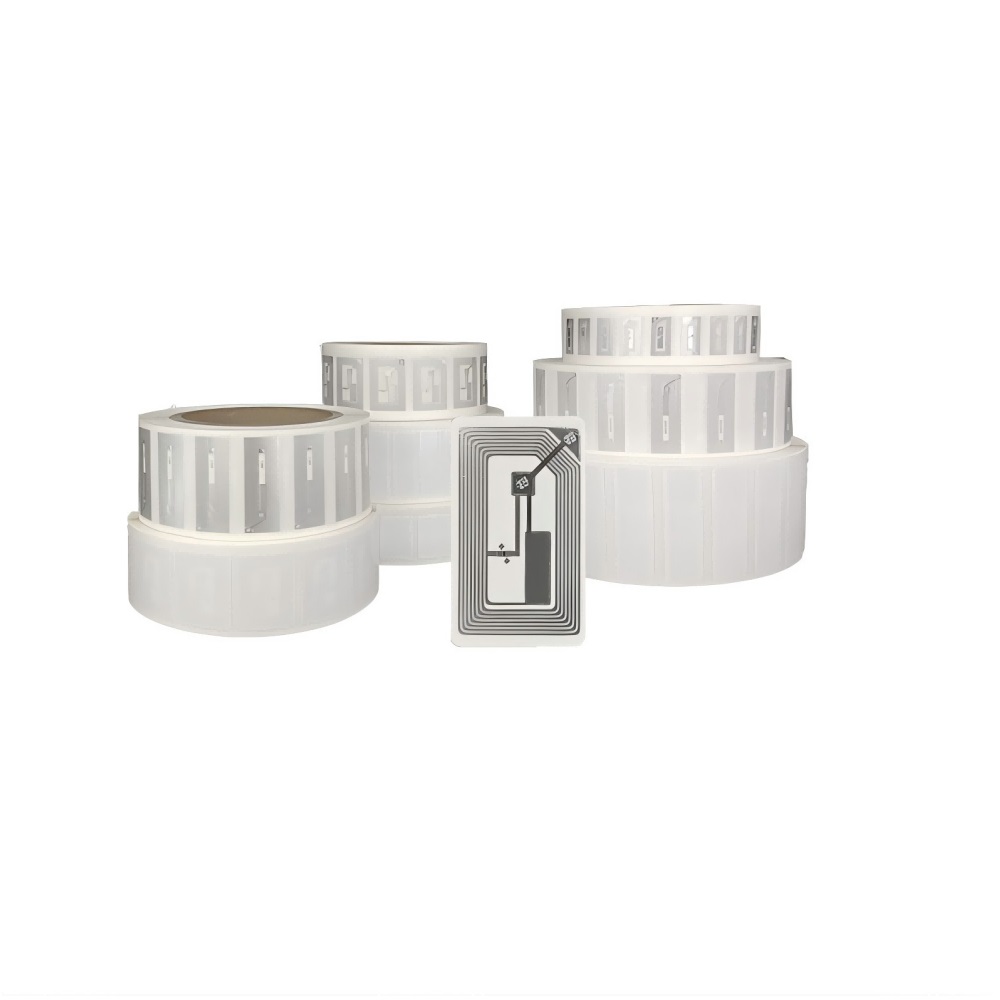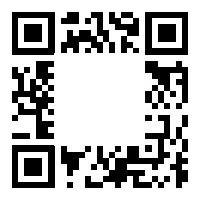With the rapid advancement of Internet of Things (IoT) technology, RFID applications have expanded significantly. Particularly in the apparel industry, implementing RFID technology during production enables comprehensive tracking of manufacturing processes. This system provides real-time, precise operational data that not only supports businesses in managing complex workflows but also equips them with robust capabilities to navigate the ever-changing market demands.
Among various RFID application scenarios, the footwear and apparel sector remains the largest contributor. RFID technology is widely implemented across production, warehousing logistics, store operations, and after-sales services. Major brands like Uniqlo, HLA Group, and Decathlon have extensively adopted RFID electronic tags to enhance supply chain efficiency.
With the deepening of people's understanding of RFID technology and the continuous reduction of the application cost of RFID technology, RFID technology is accelerating its penetration in the garment industry. Its application scenarios and links are rich, which can greatly promote the development and change of RFID electronic tags.
What are the types of RFID electronic tags used in the garment industry?
1. RFID tags
Typical application: clothing management
RFID technology can be used in the informatization of clothing production, product processing, quality inspection, warehousing, logistics transportation, distribution, product sales and other links, to provide real, effective and timely management and decision support information for managers at all levels, to support the rapid development of business, and can solve most problems.
2. Copperplate RFID tags
Typical application: clothing management
The footwear and apparel industry stands as one of the largest consumers of UHF RFID tags, with copperplate RFID tags being the predominant form. By implementing RFID technology on garment hangtags, businesses can achieve anti-counterfeiting, traceability, and comprehensive supply chain management. This technological integration not only safeguards corporate brands and intellectual property rights but also ensures consumer protection through effective market regulation.
3. PPS laundry label
Typical application: clothing washing industry
PPS laundry tags are RFID labels commonly used in the linen care industry. Resembling buttons in shape, size, and design, they demonstrate exceptional heat resistance. These tags are installed by sewing a button-shaped or tag-like electronic device onto each linen item. While the tags remain reusable beyond their original lifespan, this system significantly enhances laundry management efficiency through improved transparency and operational effectiveness.
4、Silicone washes RFID tags
Typical application: clothing washing industry
The silicone-coated garment tags are heat-resistant and wrinkle-resistant, primarily used in the dry cleaning industry for tracking and verifying laundry status. Featuring encapsulated silicone technology, these labels can be sewn onto garments, applied to hot water bottles, or hung on towels and clothing. They serve as an effective tool for inventory management and tracking of textile products.
5. Zipper labels
Typical application: clothing warehouse management
Zipper-type labels are generally packaged with PP+ nylon materials, which have the advantages of easy installation and disassembly, waterproof, high temperature resistance, etc., and are often used in the field of logistics tracking and asset management in the garment industry.
6. Typical application of RFID transparent garment label: clothing inventory management
The ultra-high-frequency RFID transparent garment tag, designed to fit around the collar of a curved shirt, is semi-transparent and sewn into the garment to remain invisible. Primarily used for tracking dry apparel, it provides protection against counterfeiting and fraud while enabling precise tracking of rented garments without the need to scan barcodes individually.
Because the clothing industry itself has a large number of categories, involving a lot of materials and styles, it is necessary to use RFID electronic tags to bind information to clothes, and then complete data collection and statistics through RFID handheld terminals, so as to meet the market demand of more industries.



